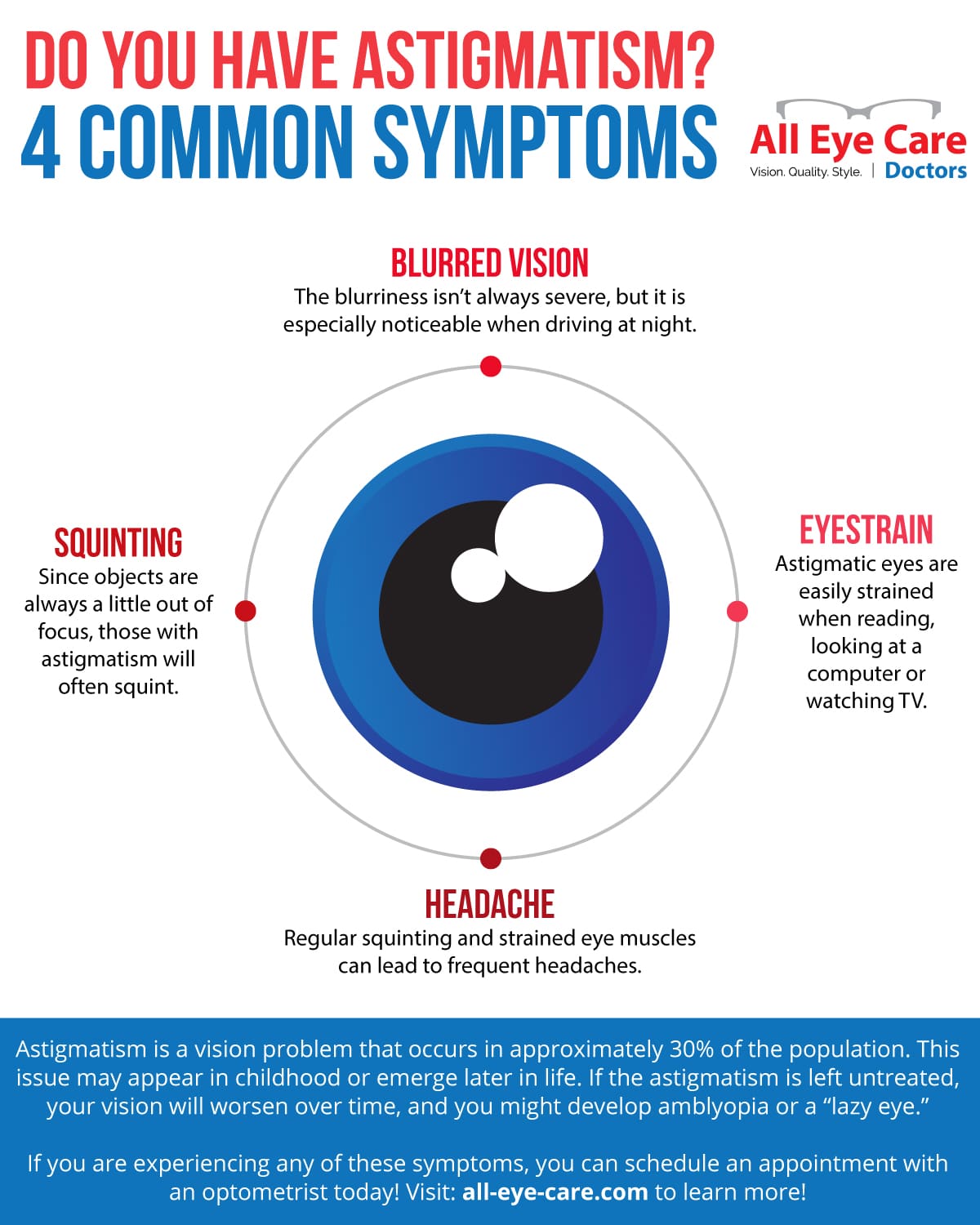Frequently Asked Questions Concerning Lasik Eye Surgical Treatment

Article created by-Lynge Holme
Before LASIK, your eye cosmetic surgeon will evaluate your vision to ensure it is stable. She or he will additionally inspect to see if you have any other eye troubles that could influence your results.
After the eye doctor has actually applied numbing eye declines, she or he will create a paper-thin flap in your cornea tissue utilizing a gadget called a microkeratome or laser. The procedure is pain-free.
What Is LASIK?
LASIK is a type of refractive surgery. It fixes vision issues brought on by refractive errors, which happen when the cornea or lens do not effectively bend light rays.
Many people who have LASIK accomplish great distance vision without glasses or contacts. Nevertheless, they may need reading glasses to see close. The outcomes of LASIK are permanent, although aesthetic negative effects are momentary.
Can I Have LASIK if I Have Astigmatism?
Blurred vision is frequently brought on by astigmatism. LASIK can assist with this issue by making your cornea extra symmetrical. The specialist will certainly use a tool called a microkeratome or laser to reduce a thin flap in your cornea, then fold it back. They will then make use of a laser to improve the cornea so it can flex light better.
The only thing that LASIK can not do is appropriate presbyopia (age-related farsightedness). This can only be made with cataract surgical procedure.
Can I Have LASIK if I Have Dry Eye?
A crucial part of the LASIK examination is evaluating exactly how well your eyes generate splits. helpful site with dry eye are not able to obtain LASIK because it can aggravate the problem.
Dry eye is a common side effect of LASIK since the treatment cuts corneal nerves. Nevertheless, it typically boosts as the eye heals. You can use fabricated tears and also punctal plugs to manage your signs and symptoms.
Can I Have LASIK if I Have a Cataract?
Most of the times, yes. LASIK can boost your vision after cataract surgical procedure.
When you have a cataract, your lens is gloomy as well as your close-up vision is fuzzy. LASIK can assist with this, as well as your distance vision.
During LASIK, your doctor will certainly make use of a laser or a blade to produce a slim flap on your cornea. Then Prescription will certainly fold the flap back and also use a laser to reshape your cornea.
Can I Have LASIK if I Have a Retinal Detachment?
Retinal detachment normally results from a retinal tear. The physician will repair the tear with an in-office treatment called pneumatic retinopexy. After the eye is numbed, the medical professional inserts an expandable gas bubble into the eye to press the detached retina against its support cells.
https://postheaven.net/melita92shanelle/what-to-anticipate-throughout-the-lasik-eye-surgical-procedure-recuperation does not correct presbyopia, which creates as you grow older as well as creates blurred close-up vision. However, it can be integrated with mono-vision to decrease or eliminate the requirement for reviewing glasses.
Can I Have LASIK if I Have a Hyperopia (Farsightedness) or Nearsightedness (Nearsightedness)?
Most medical insurance business don't cover LASIK due to the fact that it isn't taken into consideration clinically needed. Nevertheless, they may compensate individuals for lens implants if a surgeon is part of their network.
Prior to you undertake LASIK, your eye doctor will certainly carry out a detailed eye examination. This will certainly consist of inspecting your overall eye health and wellness, student dimension and refractive error. She or he will certainly likewise determine the density of your corneas.
Can I Have LASIK if I Have Presbyopia (Aging Eyes)?
LASIK does not attend to presbyopia (loss of close to vision connected with age). Instead, it fixes refractive mistakes by reshaping the cornea.
After numbing declines and covering the eye with a shield or patch, the surgeon develops the flap. Then the laser improves the cornea. You might hear a clicking noise and also smell an uncommon scent. This is normal as well as does not trigger injury.
Can I Have LASIK if I Have Keratoconus (Bent Cornea)?
In LASIK, your cosmetic surgeon will certainly utilize a femtosecond laser to cut a thin flap in the cornea. They will then fold it back and make use of a various laser to improve your cornea.
Your vision is based on how light enters your eye, flexes via the lens and also focuses on the retina. Refractive errors keep light from focusing correctly and also cause blurry vision.
Can I Have LASIK if I Have Blepharitis (Swelling of the Eyelids)?
Most patients choose LASIK since they want flexibility from glasses or get in touch with lenses. It is important to review your objectives with your ophthalmologist before having the procedure.
LASIK is not uncomfortable. Eye declines are positioned to numb your eyes before the surgical treatment. Most clients explain feeling a minor pressure but no pain. Recovery from LASIK is reasonably fast. Your vision will certainly be a little blurred and light delicate right after surgical treatment but ought to boost quickly.
Can I Have LASIK if I Have a Corneal Thickness Concern?
LASIK remedies vision by reshaping the corneal tissue. To do this, the cornea needs to be thick enough for the doctor to develop a flap.
If your corneas are as well slim, you might be a candidate for laser vision adjustment treatments that do not call for producing a flap, such as PRK or Epi-LASIK. These treatments have similar outcomes to LASIK but operate in a different method.

